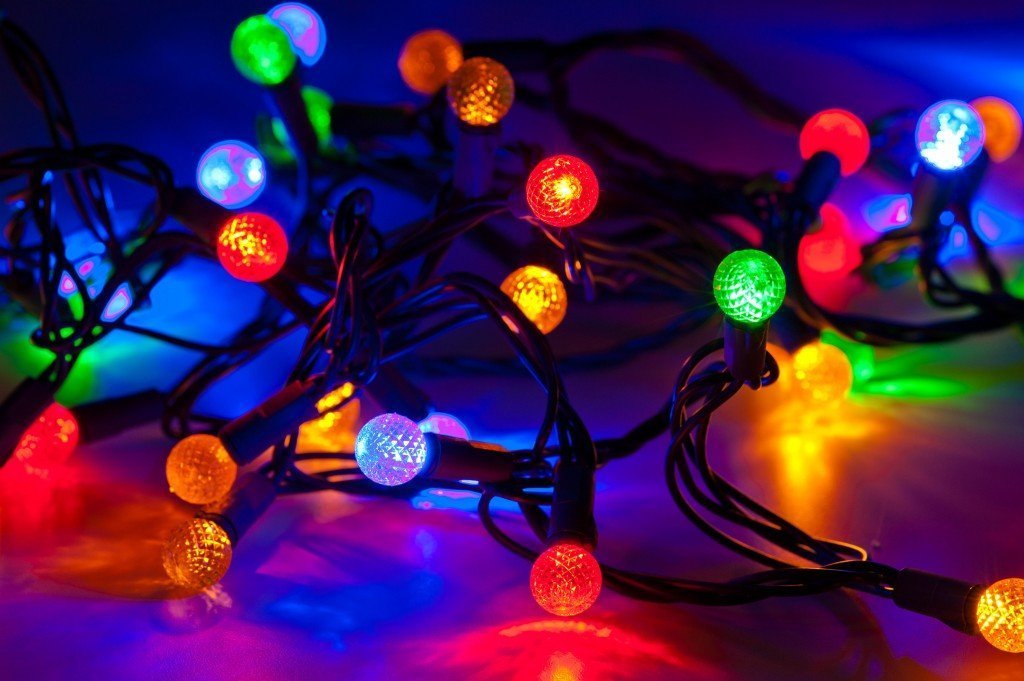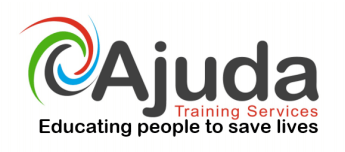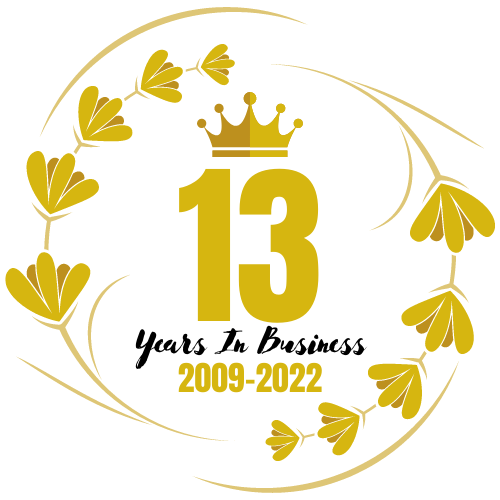According to the Royal Society for the Prevention of Accidents (RoSPA), more than 6,000 people will end up in hospital on Christmas Day and over the Christmas period more than 80,000 people visit A&E and these numbers appear to be rising. Not only is there an increase in admissions due to common winter illnesses, hospitals in the UK see thousands of people treated for Christmas-related injuries. Christmas sees injuries from knives, trips (e.g. from fairy light wires), food poisoning and burns. With serious incidents such as house fires also being more common than during other times in the year; People are 50% more likely to die in a house fire over Christmas than at any other time of year. Approximately 350 people a year are hurt by Christmas tree lights, according to RoSPA. Injuries include people falling while they’re putting them up, children swallowing the bulbs, and people getting electric shocks and burns from faulty lights. RoSPA’s advice is to ‘Test your lights and the wiring before you put them up, as they can deteriorate over the years. If you have old lights, buy new ones that meet higher safety standards, don’t overload sockets, as that’s a fire risk.’ – Since 1996, 31 people have died from watering their Christmas tree with the lights plugged in – 1 in 10 people burn themselves while setting fire to Christmas pudding – 350 people a year are hurt by Christmas tree lights – 1,000 people a year are hurt when decorating their homes – People are 50% more likely to be in a house fire at Christmas than at any other time of the year – Do not leave candles unattended (this advice should be followed throughout the year) – Ensure Christmas cards and wrapping paper are kept clear of open flames (e.g. do not hang cards above the fireplace and do not light candles near cards) – To reduce the risk of trips, slips and falls, keep holiday clutter to a minimum (e.g. invest in a cable tidy to keep stray wires minimal) – Watch out for small items that could cause a choking hazard, particularly in young children (e.g. Christmas cracker prizes) – Open packaging with scissors not knives to avoid careless injuries – If you have old Christmas lights, consider investing in new ones which will meet much higher safety standards – Keep the lights switched off until the Christmas tree is decorated and don’t let children play with the lights (some have swallowed the small bulbs) – Don’t overload sockets – Don’t let bulbs touch anything that can burn easily such as paper (this includes decorations) – Keep glass baubles out of reach of toddlers and pets – Don’t be tempted to leave the lights on when going to bed or when leaving the house – Follow the instructions on the turkey and don’t risk short cuts as it takes hours to cook a turkey thoroughly (uncooked turkey can cause salmonella poisoning, which can be life-threatening for vulnerable people) – Do NOT drink and drive! Take this advice on board to ensure that your Christmas is memorable for the right reasons. Have a lovely, safe Christmas and a very Happy New Year. If you have any other suggestions on ways to stay safe over Christmas, please Tweet us on @ajuda_training. To book yourself onto any of our valuable, life-changing courses (such as, First Aid, Health and Safety or Food Hygiene) in the New Year, please see our Course Calendar and use our new online booking system to book your place. To view our Christmas opening hours, please click on the picture below.

To put these risks into perspective, here are just a few Christmas accident statistics:
– 30 people die from food poisoning each ChristmasHere are some handy hints to keep your house safe:

